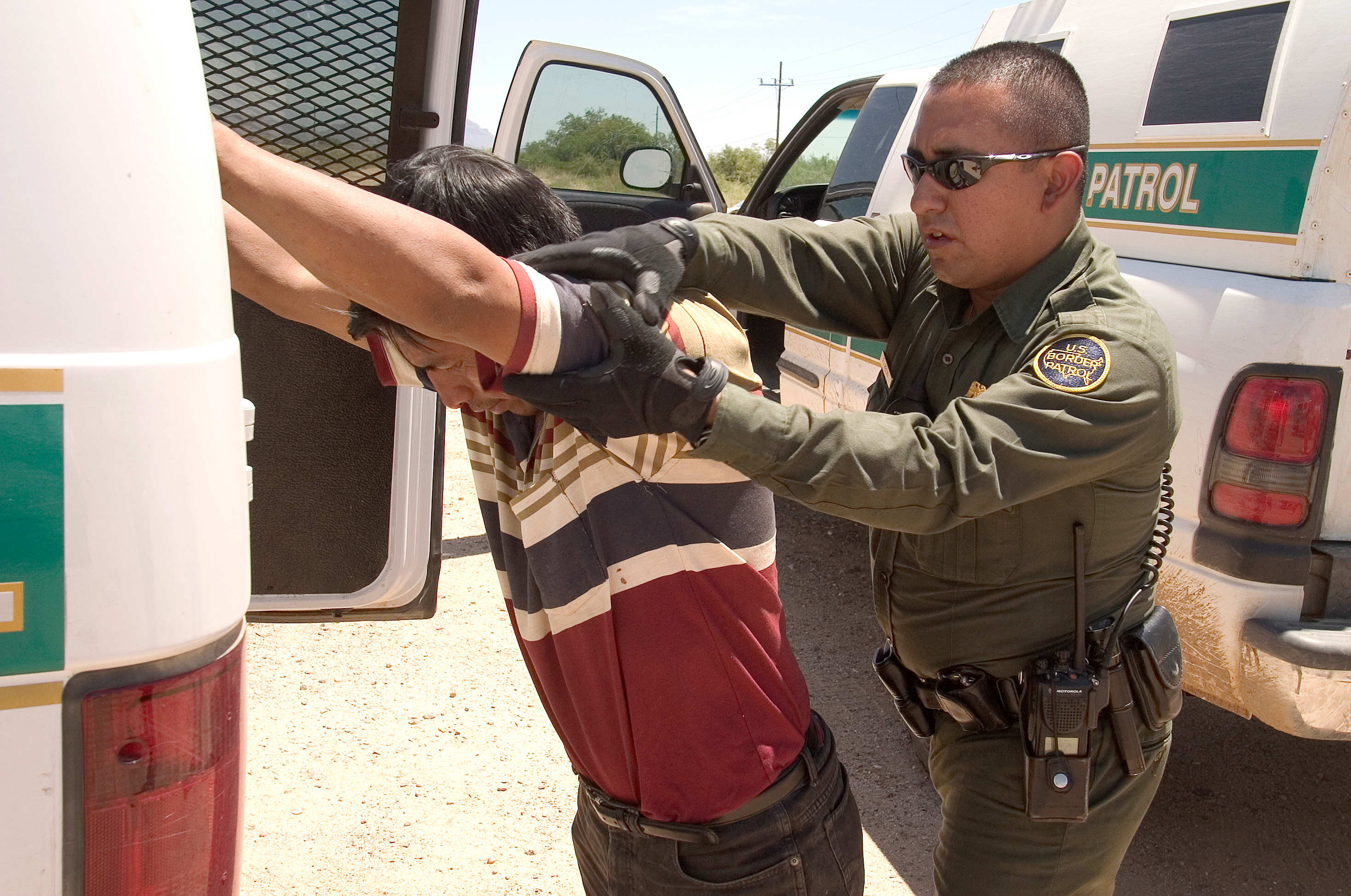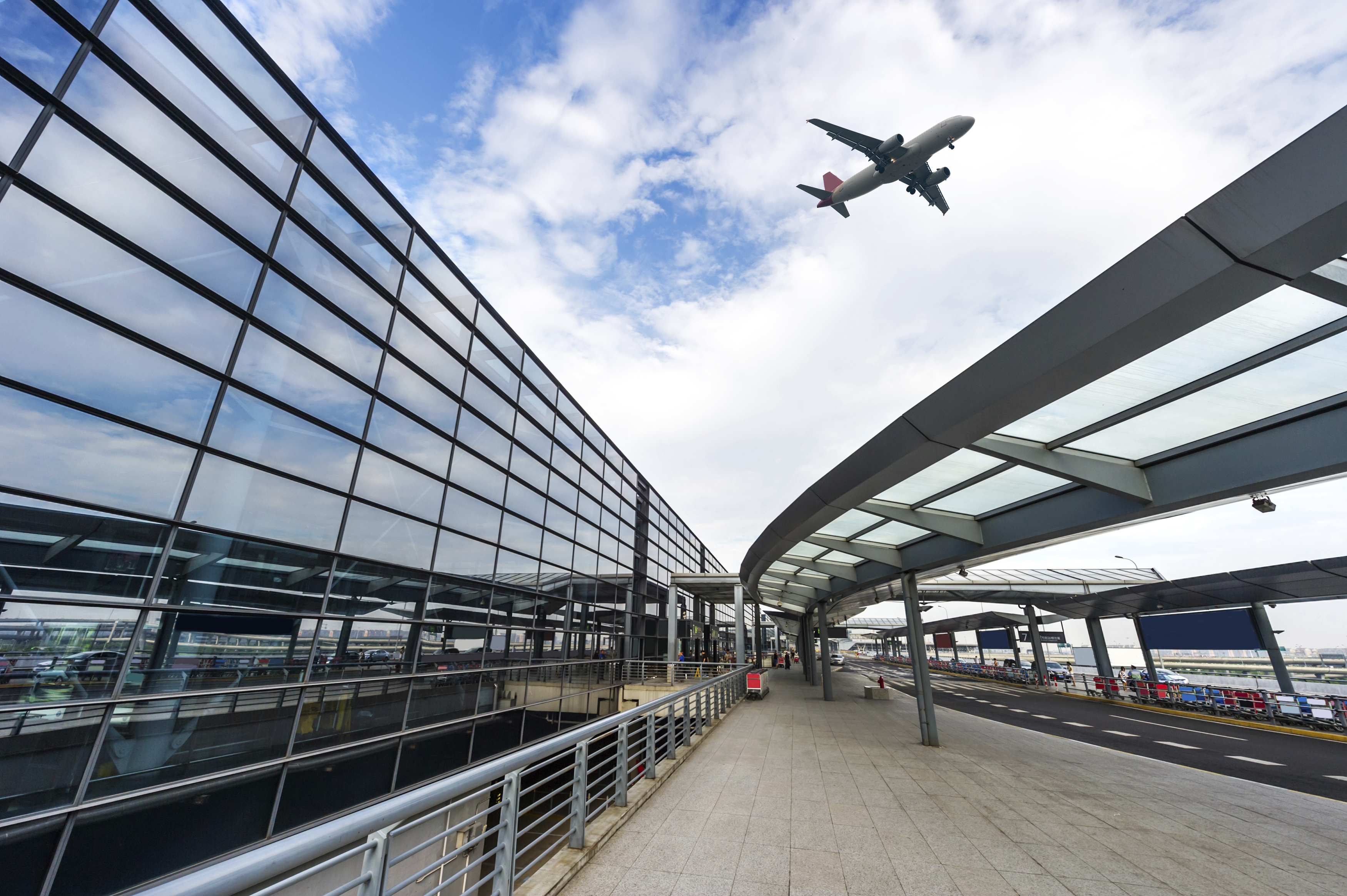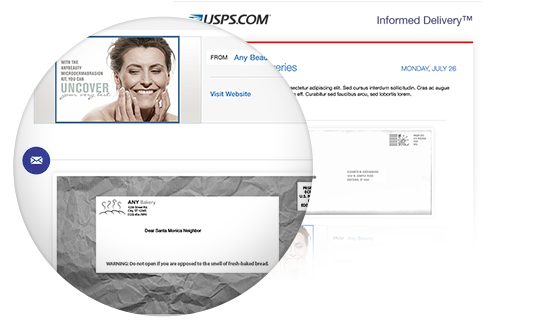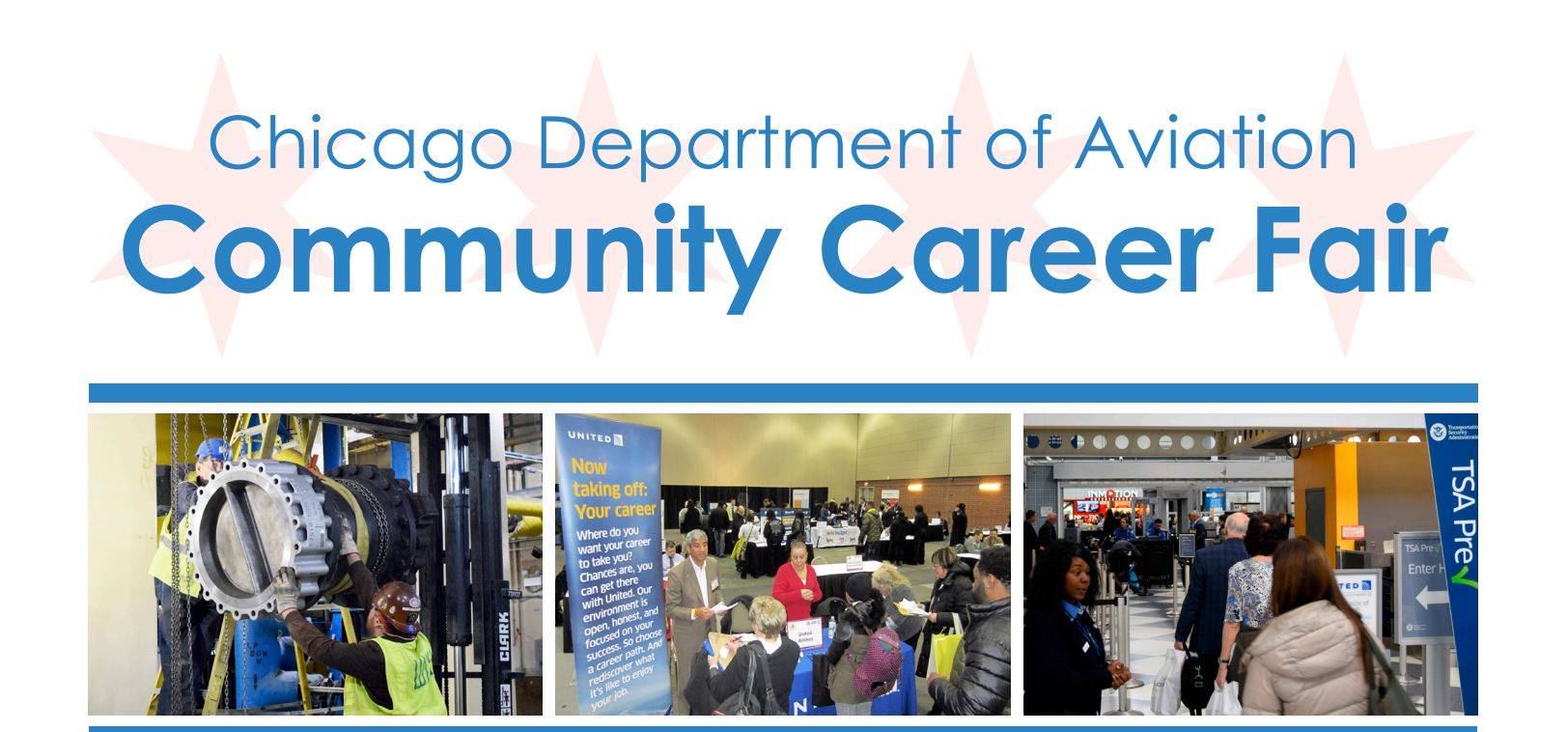Illinois Governor Pat Quinn today vetoed House Bill 4075, also known as the “Uber bill,” and House Bill 5331, which contained related ridesharing regulations.
HB 4075 would have imposed statewide regulations on commercial ridesharing and prevented local governments across Illinois from adopting rules that fit their respective communities. In other words, taking the regulatory power away from local governments (home rule power), shifting regulation to the state level.
In the Governor’s press release, it states, “Today’s action is part of Governor Quinn’s agenda to protect consumers, create jobs and drive Illinois’ economy forward.”
“The principle of home rule is an important one,” Governor Quinn said. “I am vetoing this legislation because it would have mandated a one-size-fits-all approach to a service that is best regulated at the local level.”
Keeping the power to regulate such matters at the local level will allow municipalities (and counties) to pass ordinances to ensure proper business controls and passenger safety, among other things. For example, the City of Chicago passed an ordinance that will go into effect Aug. 26, 2014. While this will NOT terminate the use of Uber in Chicago, it will add to the “regulations to ensure ridesharing companies maintain public safety including regulations on licensure, insurance, background checks, vehicle inspections and operating hours for drivers.” Read more on this ordinance from Uber here.
Read the Gov’s formal statement on the vetos here and here.
____
@travelblawg
facebook.com/travelblawg
Subscribe in the sidebar!
Disclosure of Material Connection: Some of the links in the post above are “affiliate links.” This means if you click on the link and purchase the item, I will receive an affiliate commission.










